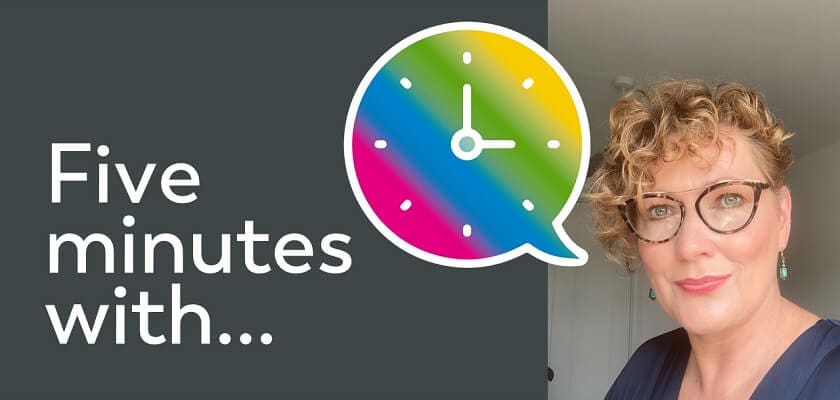What is your role at Churchill and what does it involve day to day?
I joined Churchill in June 2020 as strategic projects director for its security division, Amulet, where I was responsible for delivering all major projects.
However, I have recently been promoted to Head of PMO – Project Management Office – for the group. It is a newly created role and I am responsible for overseeing the group’s strategic projects, and establishing a new PMO function. The aim is that the PMO will become a centre of excellence and support for project management across the group.
At the moment, I am spending my days learning as much as I can about the business and producing a suite of tailored project management tools and resources for the Group. I will then be starting on a number of major projects.
How did you find your way into FM? (Tell us a bit about your background)
I joined Norse Group as executive assistant to the CEO in April 2014, having previously been business manager for a fostering agency.
Within a year of joining, I was promoted to Project and Implementation Manager, responsible for mobilising new joint venture partnerships and for overseeing major projects across the business.
My first joint venture was a daunting mix of domestic waste collection, grounds and cemetery maintenance and fleet/workshop management, together with a small amount of cleaning. I love a good challenge and it certainly gave me something to get my teeth into.
With each new joint venture, I gained experience in other facilities management disciplines, such as building maintenance, voids clearance and street cleansing, together with an in depth understanding of the support functions that underpin any FM business.
Joining Amulet was a new path for me, as I had very little knowledge of the security industry, but I welcomed the opportunity to try something new and to move in a different direction.
My new role sees a return to more familiar areas of FM, but there are some big – and exciting – challenges ahead and I am looking forward to what can be achieved by the PMO over the next few years.
What is your favourite thing about your job/the industry?
I love the variety of the FM industry – over the years I have managed projects as diverse as redesigning domestic waste collection regimes, producing cleaning schedules for award-winning Blue Flag beaches, taste testing school meals and even recently gaining my Security Industry Authority licence.
No two days are the same. As Head of PMO I work with a range of different people both internally and externally. Each new project brings a different set of stakeholders, a new set of challenges and something new to learn, and I wouldn’t have it any other way!
As a woman in FM, what are your biggest frustrations?
This is a difficult question, as I have had incredible support from male colleagues over the years and on the whole, being a woman in FM has been a very positive experience.
Whether I was sitting in a bin lorry at 5am, successfully persuading extremely reluctant waste operatives to embrace new technology, or sitting in front of the chief executive of a local authority negotiating contractual terms, I felt my views were respected and my expertise acknowledged.
Nevertheless, it became clear to me a few years ago that I had reached a glass ceiling; I knew that if I wanted to move up, I had to move on, which luckily coincided with being approached to join Churchill.
Since joining the group, I have experienced a cultural shift towards greater inclusivity and now work with a more diverse team. I feel empowered and supported and know that any future opportunities would not be limited simply because of my gender.
What are your key predictions for/the biggest issues facing the FM market over the next year?
The global pandemic has forced businesses to think creatively about how to replace manual or site- based processes with more automated functions by harnessing the power of technology.
Whether it be hybrid working or electronically documenting service delivery, the current expectation is that our systems must be accessible anywhere in the world, at any time, both by our clients and ourselves.
Over the past few years, I have also seen a rise in the requirement to provide customers with increasingly granular data and statistics, together with exception reporting and proof of service delivery, usually in the form of dashboards or bespoke client portals.
This is something we already provide within Churchill, but I predict it will soon be a fundamental expectation across the industry.



